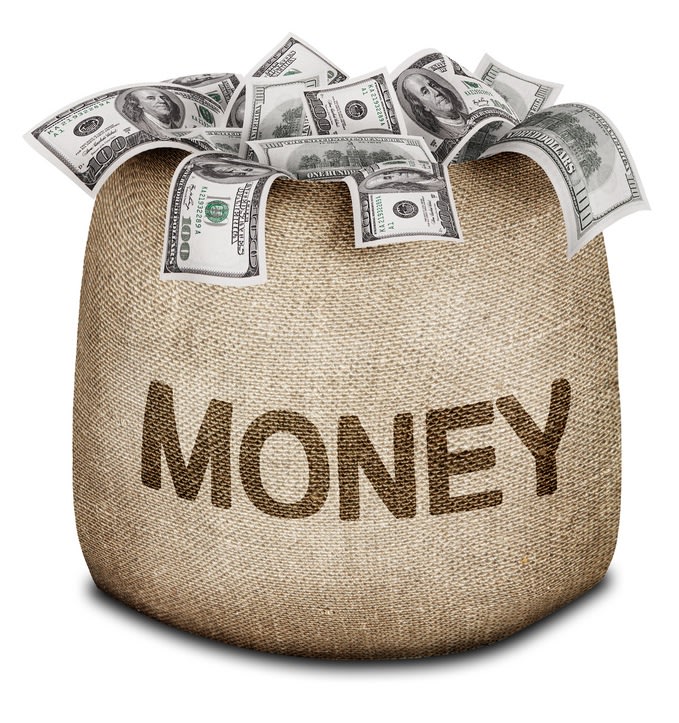For many details of the halakha, there is a special status for money.
Basically, Jewish law distinguishes three categories of value: goods, which have inherent value; a note, which is a promise of value from a particular individual; and money, which is abstract value.
To give an example of some distinctions: a lawsuit for goods or money can obligate an oath, since these have actual value, but a lawsuit for a note cannot (SA CM 66:39); goods can be used for a barter transaction since they are desired for their inherent value, but money cannot since it is desired for its abstract value, it is useful for acquiring things of value from others. Notes also cannot be used for barter since they have only derivative value (SA CM 203:1). The importance of money for our law is so great the the Chazon Ish suggests that perhaps if we are in a culture where money is not used we are obligated to introduce its use (Ribit 72:2). It is interesting to note an opinion in the gemara stating that Yaakov instituted the use of money in Shechem when he arrived there (Shabbat 33b).
For thousands of years the only substance used for money in halakha was precious metal, usually gold and silver. With the arrival of banknotes backed by metal, and particularly with the rise of modern money which is not backed by or convertible to anything, the question arose if paper money is considered true money or merely a note. While most authorities ruled that paper money is considered money, there were some who considered it only a note, because it lacks inherent value.
The Chazon Ish ruled that paper money is indeed considered money, and presents a cogent rejoinder to the claim that only precious metal can be considered money because it has inherent value: “And don’t wonder at the fact that people will give something of value for a mere potsherd [like paper money], for in fact even silver and gold are of no real use for our material sustenance; yet a person will give all he has in return for them.”
And the reason for this is that “the needs of man are provided by the earth in plenty before all the inhabitants of the world, to eat and be satisfied and leave over. And everything which is sold for gold is only what is left over after one eats and is satisfied.” (Ribit 72:10)
Whereas economists are fond of emphasizing that the basis of modern economies is the fact of scarcity, this great man of faith and trust brings our attention to another equally character- istic trait of these economies: the fact of surfeit! After all, subsistence economies are seldom characterized by advanced market institutions.
It is important to note that the Chazon Ish did not state that since money is only useful in an economy of surfeit, therefore it is not really important. On the contrary, we have already pointed out that the Chazon Ish holds that money is of essential importance in Jewish life and law.
However, whenever we exchange valuable goods or labor for a scrap of paper, we should remember that our ready willingness to make such a rash bargain is our basic faith that HaShem provides all our needs in great plenty, and just as we find we have the ability to part with our labor or goods for money we are certain we will find someone else willing to part with theirs and sell us what we need.
This passage reinforces what he have written in the context of other laws: the Jewish approach to economic life is not based on the “economics of scarcity” which is taught in academic economics, but rather on the economy of plenty which is taught by the Torah, an economy which is based on the faith that if we do our part, HaShem will in turn “open His hand and satisfy the needs of all flesh” (See Tehilim 145:16).
Rabbi Asher Meir is the author of the book Meaning in Mitzvot, distributed by Feldheim. The book provides insights into the inner meaning of our daily practices, following the order of the 221 chapters of the Kitzur Shulchan Arukh.
The words of this author reflect his/her own opinions and do not necessarily represent the official position of the Orthodox Union.

